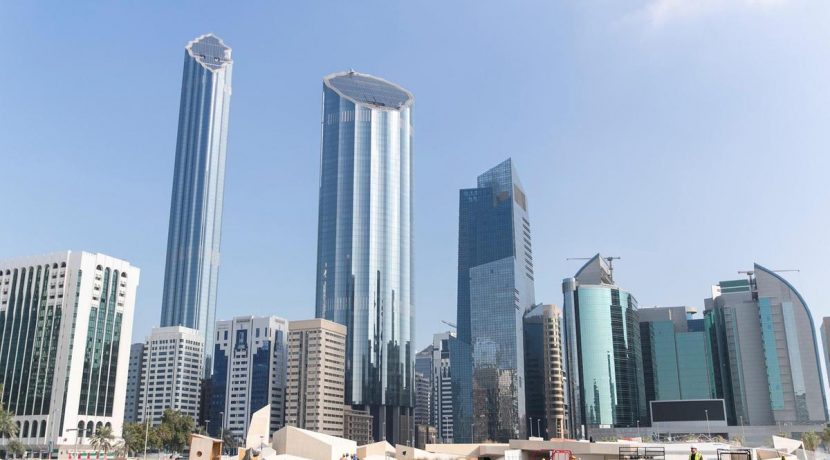Investor appetite for quality UAE real estate remains strong despite broader market challenges, with primary office, logistics and healthcare assets most in demand, according to a report by global property consultancy Knight Frank.
“We expect a fairly resilient market for well-let, institutional quality, single-ownership assets, which will continue to attract investor interest,” Knight Frank’s UAE investment market report for 2019, published on Sunday, said.
Over the course of 2018, UAE real estate investment yields were subject to upward pressure, led by higher financing rates and diminished investor risk appetite.
The UAE property market in general has undergone a softening in the past four years due to lower oil prices, which crimped consumer purchasing power and sparked a fight for affordability across all sectors.
This has created a tenant’s market where landlords prefer to negotiate on rents rather than have an empty unit. It has also increased the price divide between quality assets in prime locations, and secondary assets in less sought-after places.
The office sector has seen a particularly marked widening in yields between prime and secondary real estate over the past year, Knight Frank’s report noted. Well located, best-in-class assets are still commanding a premium to the wider market and continuing to attract robust interest from investors.
“The divergence between prime yields and secondary continues to widen, reflecting the fact that investors are willing to pay a premium for assets seen as lower risk, in core locations and with credit-worthy tenants,” said Joseph Morris, partner, Middle East capital markets, at Knight Frank.
Corporates are also exploring sale and leasebacks as a way of freeing up capital for core business activities, adding a new component to the market.
Other sub-sectors of real estate are witnessing healthy demand even as challenges remain, the report said. Investment in logistics and industrial assets continues to be perceived as an attractive proposition, but there was minimal transaction activity in this sector last year due to “a dearth of credible investment opportunities”.
Education and healthcare also are attractive targets, partly due to the extended lease structures on offer, which are not prevalent in other sectors. However, recent insolvencies in this sector and other market pressures have led investors to be more selective about the covenant strength of the tenant, according to the report.
Meanwhile, the retail and hospitality sectors continue to face headwinds due to falling retail sales and average daily hotel rates. However, “we see a divergence between the wider retail market and well-located community retail with established catchments, which continue to perform reasonably well”, Knight Frank said.
Overall, there remains a significant amount of unallocated real estate capital in the region because of a lack of quality assets available for investment, it added.
Buyer demographics have changed over the past two years with regional family offices – traditionally an active real estate investor – retreating as they pursue more cautious investment strategies in a lower oil price environment.
However, this has been offset by a number of new institutional investors entering the market, with the intention of creating real estate funds (real estate investment trusts, or Reits), both private and listed.
“Positively, over the last 12-18 months we have witnessed the bid-ask spread narrowing as sellers adjust expectations given current market conditions and as a result are becoming more realistic to the pricing levels that can be achieved,” Knight Frank added.
“We envisage this trend to continue during 2019.”
All rights reserved to the initial publisher for thenational.ae
Collected and published by Arms &McGregor International Realty® editorial team. Get in touch with us at [email protected]

